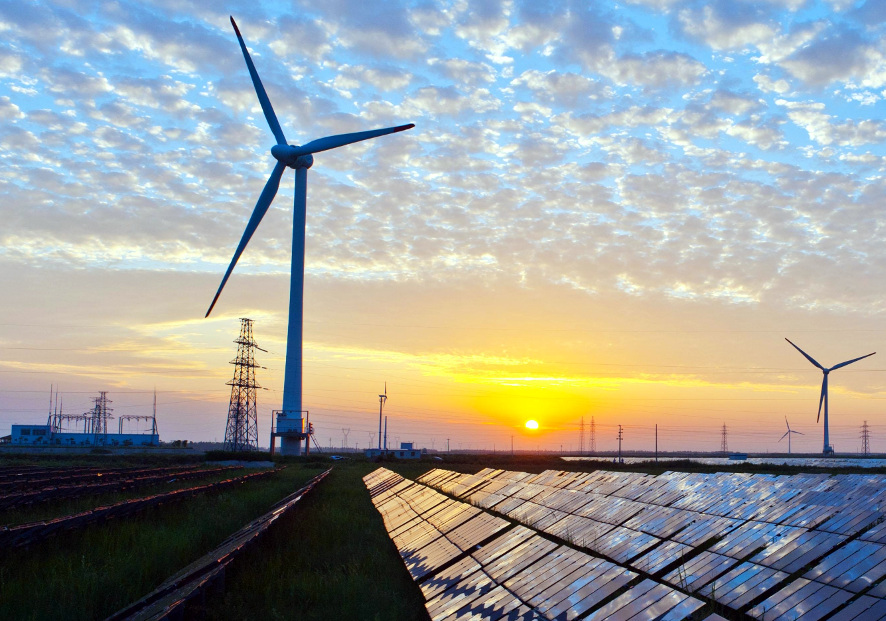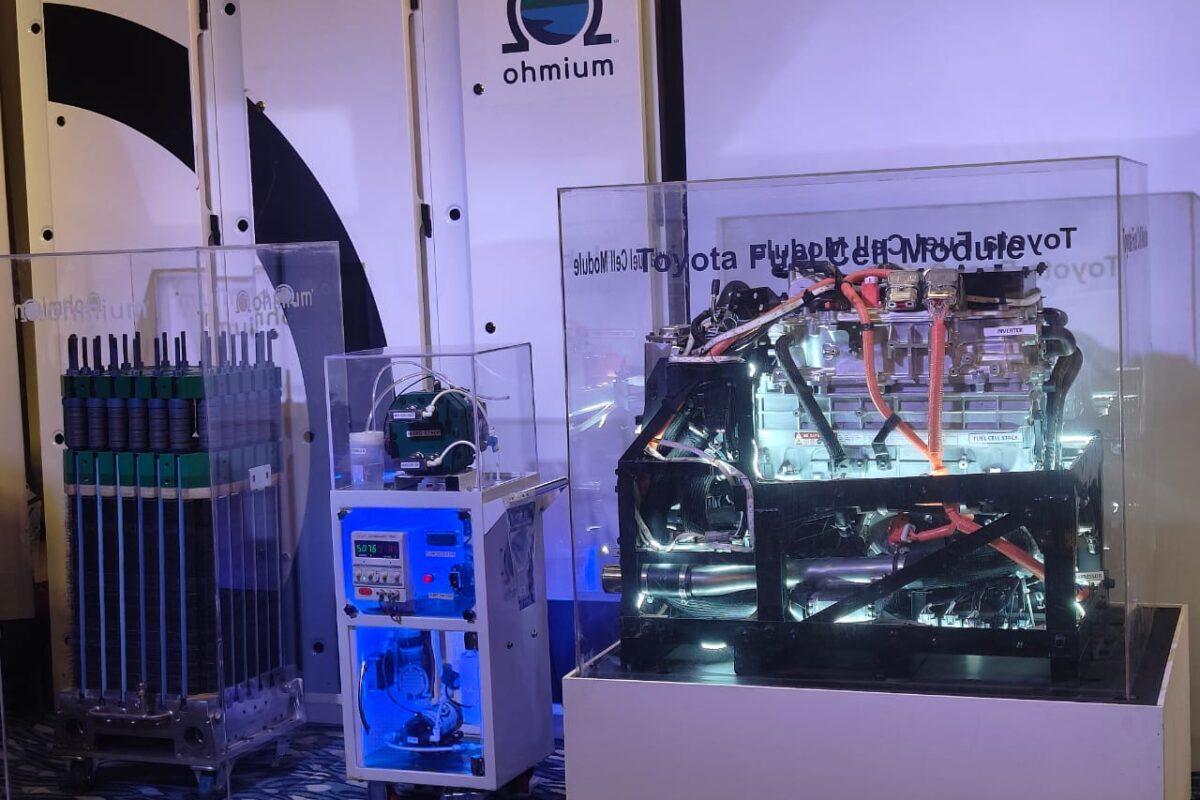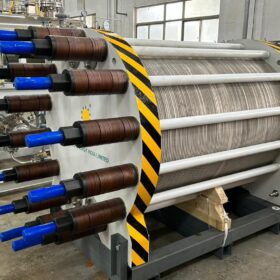Concessional finance can make wind, solar, and batteries cost-competitive faster in developing countries, accelerating the shift from fossil-fuelled power. That, in turn, could potentially slow or even halt the rate of CO2 emissions growth in these less developed countries—according to a new report produced by BloombergNEF (BNEF) and commissioned by the Clean Technology Fund (CTF), a programme of the $8.3 billion Climate Investment Funds (CIF).
The report suggests that development finance institutions can lend concessional capital to projects in non-OECD countries at interest rates well below those they might ordinarily offer; OECD (Organisation for Economic Co-operation and Development) is an intergovernmental economic organisation with 36 member countries. Such funds have historically been strategically deployed to support ventures regarded as particularly risky.
Pairing clean energy with affordable, flexible financing can make infrastructure like wind or solar power more cost-competitive, even more so than fossil-fuel sources.
Impact on clean energy costs
The report—titled ‘Clean Technology Fund and Concessional Finance: Lessons Learned and Strategies Moving Forward’—quantifies for the first time how much reduced-price cash can lower the ‘levelized cost of energy’ for different clean energy technologies in specific countries. It then identifies two critical tipping points when clean energy becomes more viable than its fossil competitors.
The first tipping point is when a clean energy facility becomes cheaper to build than a new gas or coal plant. In developing markets where this has not yet occurred, this could take five to ten years from today to achieve, or even longer.
BNEF’s analysis, however, found that concessional finance can shave years off this timeframe. In Thailand, for example, concessional finance has the potential to reduce clean energy costs by five to seven percent, which would accelerate this tipping point by two years and prevent new fossil fired plants from being built. When a market crosses this threshold, building a clean energy facility is not only the right thing to do—it’s the most economically sensible thing to do.
The second tipping point is when building a new clean energy facility becomes cheaper than running an existing gas or coal plant. In longer term, to address climate change, some of the existing dirtiest sources of power will need to be replaced—without sacrificing countries’ development goals. In the case of India, which installed a coal-fired fleet one third the size of the United States’ in just five years, BNEF found that concessional finance could bring forward this tipping point for new wind plants by as many as four years.
This is a critical step towards the deep de-carbonization needed to reach a 2-degree world, as there are hundreds of gigawatts of coal capacity that will keep running for decades unless a more profitable choice is available.
Potential for batteries
The report also found that there is vast potential for concessional finance to create markets for next-generation low-carbon technologies, in particular batteries.
As generation from intermittent sources such as wind and solar grows, so does the need for grid flexibility and energy storage. While batteries are still expensive, BNEF found that the higher the cost of a technology, the greater the potential impact concessional finance can make. For a lithium-ion battery project, reducing capital costs by even one percentage point can reduce energy generation costs by $10/MWh.
“Concessional finance has the potential to take developing nations’ clean energy markets to the next level,” said Luiza Demôro, lead author of the report and director of BNEF’s annual Climatescope project profiling clean energy investment conditions in over 100 developing countries.
“With access to cheaper finance, many emerging countries would be able to kick-start their battery storage sectors and avoid capacity additions from fossil fuel-fired plants,” Luiza added.
This content is protected by copyright and may not be reused. If you want to cooperate with us and would like to reuse some of our content, please contact: editors@pv-magazine.com.









By submitting this form you agree to pv magazine using your data for the purposes of publishing your comment.
Your personal data will only be disclosed or otherwise transmitted to third parties for the purposes of spam filtering or if this is necessary for technical maintenance of the website. Any other transfer to third parties will not take place unless this is justified on the basis of applicable data protection regulations or if pv magazine is legally obliged to do so.
You may revoke this consent at any time with effect for the future, in which case your personal data will be deleted immediately. Otherwise, your data will be deleted if pv magazine has processed your request or the purpose of data storage is fulfilled.
Further information on data privacy can be found in our Data Protection Policy.